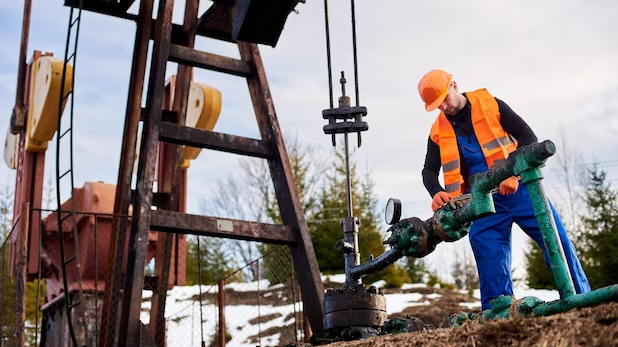
In the modern energy industry, it’s impossible to do everything on your own. Every operator needs to engage suppliers, manufacturers, wellsite equipment and manpower, independent engineers, surveyors, and a whole host of other service providers to complete wells and stay on schedule. While most operators are familiar with and regularly use Master Service Agreements (“MSAs”) to engage vendors, MSAs are not always the appropriate type of agreement for every situation. At times, a Consulting Services Agreement (“CSA”) is a better fit.
MSAs are primarily geared toward wellsite work, rentals, and purchase of goods, and the vendor usually is a company that is referred to as the Contractor. MSAs are usually crafted to provide predictable warranty standards and remedies for warranty breaches that are customary for these types of goods and services. Further, because of statutory restrictions on the enforceability of certain indemnity arrangements, MSAs are specifically designed to comply with such restrictions and provide a reliable allocation of risk between the parties, usually on a “knock for knock” basis (with each party being responsible for its own people and property). CSAs, on the other hand, are better suited for non-wellsite work, including engineering design, technical guidance, strategy, planning, analysis, and professional services, including geology, geophysics, chemistry, and seismic interpretation. The warranties in a CSA are more general in nature, and rather than focusing on meeting certain specifications and providing limited remedies such as reperformance and replacement, they emphasize compliance with established professional standards. Indemnification in a CSA is also different from MSAs, and is often set up on a comparative negligence basis, with the vendor being responsible for claims arising due to their negligence, breach of contract and breach of warranties. Under a CSA, the vendor can be a company or an individual, often referred to as the Consultant.
Both MSAs and CSAs can be created to serve as a “master” agreement, with separate projects delineated by separate scopes of work. Both provide the baseline terms and conditions that will guide the relationship between the parties, and both should explicitly make clear that the vendor is independent of the operator and not to be construed as an employee or agent of the operator. For those vendors who provide both wellsite and non-wellsite services, it may make sense to have both an MSA and a CSA to ensure that the relationship is accurately reflected based on the work being performed.
Because of the lower risk profile of non-wellsite work, CSAs tend to be shorter, less complex, and faster to negotiate and finalize. Often, they focus comparatively more on items like the ownership of intellectual property, confidentiality, and non-circumvention and have a simpler approach to insurance and indemnities. Conversely, MSAs tend to be longer and more complex and should address virtually any risk that could conceivably be encountered at a wellsite, from simple injury and property damage to blowout, control of well, and pollution events.
At RR&A, we can help you draft, review, and negotiate MSAs, CSAs, and a whole host of other types of contracts. But sometimes, the most important piece of advice we can give is which contract you need for your situation. Contact us now!

Matt is a Partner at R. Reese & Associates and head of the Commercial Contracts and Disputes teams. His experience in both in-house and large law firms has helped Matt develop into a versatile and experienced energy lawyer, ready to serve RR&A’s clients. To learn more about Matt, visit his attorney page.
Disclaimer: The information and material on this website is general information about our practice and firm. This information does not offer specific legal advice and the use of this information does not create an attorney-client relationship with RR&A or any of its attorneys. The information on this website should not be used for legal advice, and persons should not act upon the information on this website without engaging professional legal counsel.
515 POST OAK BLVD. | SUITE 430 | HOUSTON, TX 77027 | 832-831-2289
524 E. LAMAR BLVD | SUITE 235 | ARLINGTON, TX 76011 | 682-318-3427
DISCLAIMER | PRIVACY POLICY | SITEMAP | COPYRIGHT © 2024
